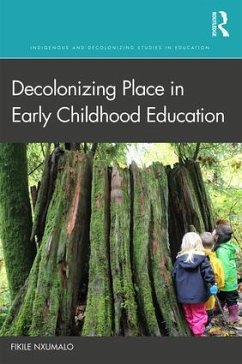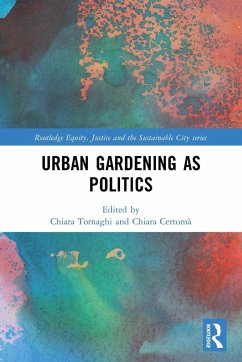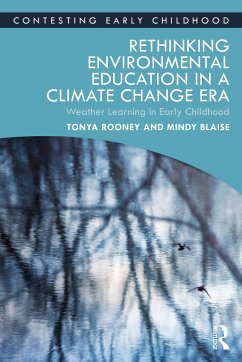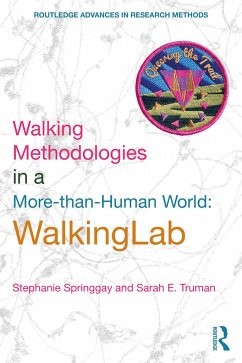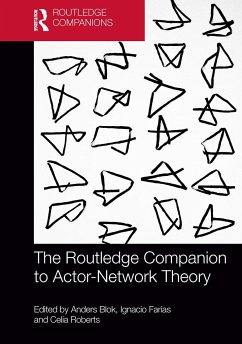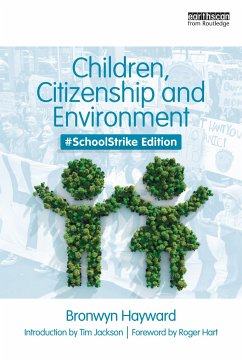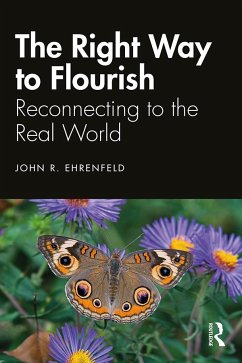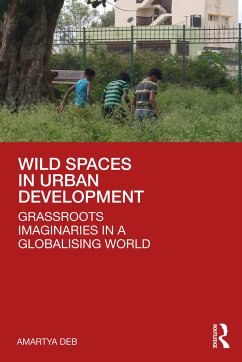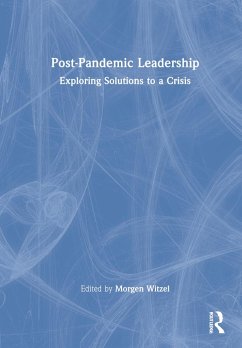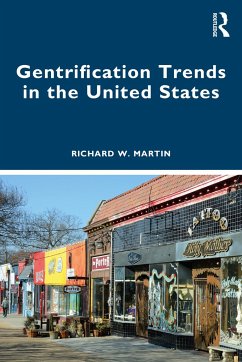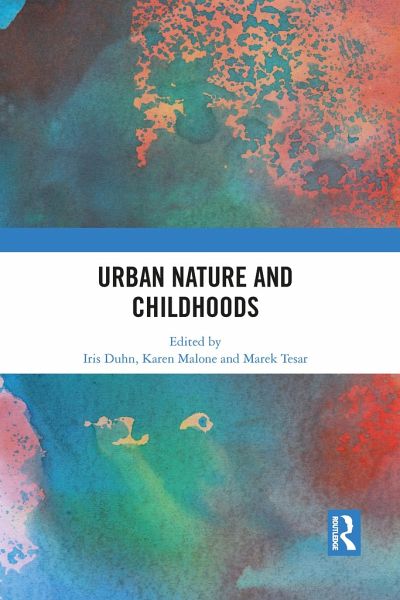
Urban Nature and Childhoods
Versandkostenfrei!
Versandfertig in 6-10 Tagen
43,99 €
inkl. MwSt.

PAYBACK Punkte
22 °P sammeln!
This book challenges the notion that nature is a city's opposite and addresses the often-overlooked concept of urban nature and how it relates to children's experiences of environmental education.The idea of nature-deficit, as well as concerns that children in cities lack for experiences of nature, speaks to the anxieties that underpin urban living and a lack of natural experiences. The contributors to this volume provide insights into a more complex understanding of urban nature and of children's experiences of urban nature. What is learned if nature is not somewhere else but right here, wher...
This book challenges the notion that nature is a city's opposite and addresses the often-overlooked concept of urban nature and how it relates to children's experiences of environmental education.
The idea of nature-deficit, as well as concerns that children in cities lack for experiences of nature, speaks to the anxieties that underpin urban living and a lack of natural experiences. The contributors to this volume provide insights into a more complex understanding of urban nature and of children's experiences of urban nature. What is learned if nature is not somewhere else but right here, wherever we are? What does it mean for children's environmental learning if nature is a relationship and not an entity? How can such a relational understanding of urban nature and childhood support more sustainable and more inclusive urban living?
In raising challenging questions about childhoods and urban nature, this book will stimulate much needed discussion to provoke new imaginings for researchers in environmental education, childhood studies, and urban studies. This book was originally published as a special issue of Environmental Education Research.
The idea of nature-deficit, as well as concerns that children in cities lack for experiences of nature, speaks to the anxieties that underpin urban living and a lack of natural experiences. The contributors to this volume provide insights into a more complex understanding of urban nature and of children's experiences of urban nature. What is learned if nature is not somewhere else but right here, wherever we are? What does it mean for children's environmental learning if nature is a relationship and not an entity? How can such a relational understanding of urban nature and childhood support more sustainable and more inclusive urban living?
In raising challenging questions about childhoods and urban nature, this book will stimulate much needed discussion to provoke new imaginings for researchers in environmental education, childhood studies, and urban studies. This book was originally published as a special issue of Environmental Education Research.





